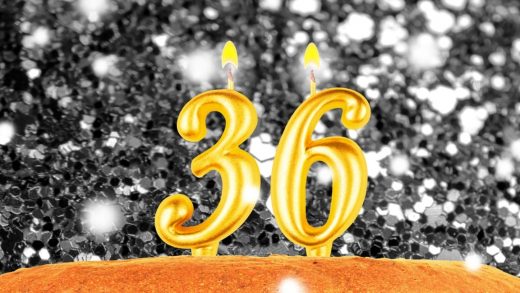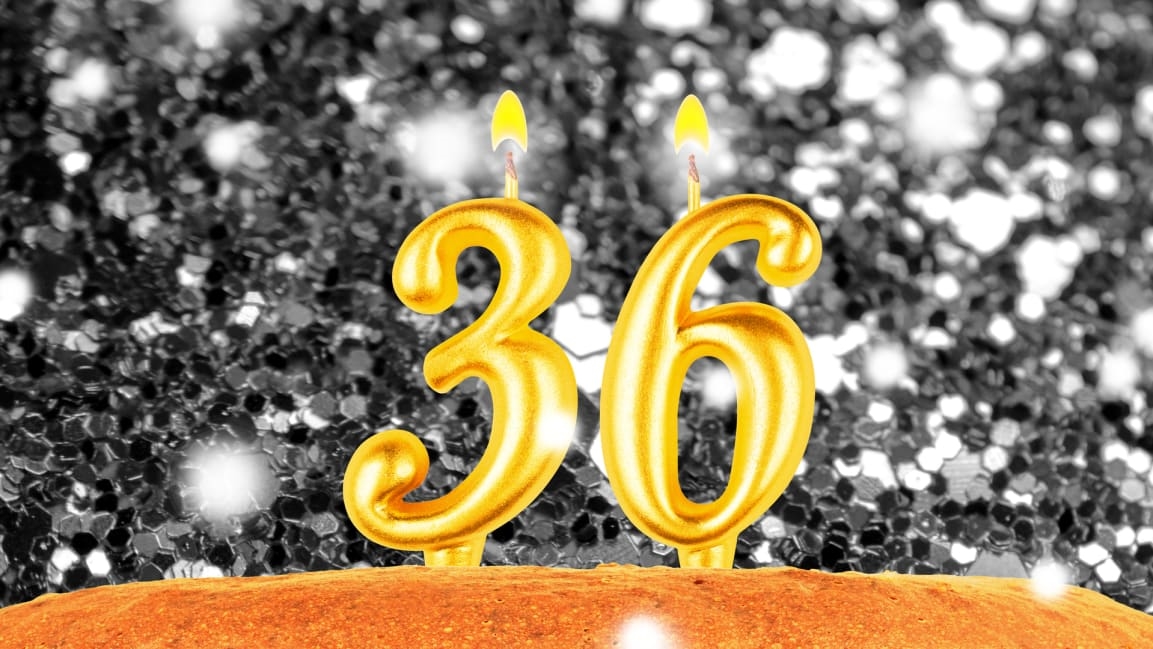How none of us are really adults until we turn 36
By Andrew Fuller
Once when I was conducting a workshop in Darwin, Australia, on life stages, an Indigenous elder solemnly informed me, “You won’t know your backside is on fire until you are 30 and you’ll have no idea how to put it out until you are 36.” I nodded sagely in an attempt to show I knew what she was talking about. It took me five years and another 500,000 interviews to figure out what she meant.
My book, Your Best Life At Any Age, distils 500,000 people’s life experiences into a roadmap of human life. What became clear during all my interviews was that different stages of life ask different things of us, and living a great life requires adaptability. Resilience is the improvisational art of integrating whatever life throws your way. One of the challenges presented to us, though less generally acknowledged, is our own development. We are substantially different people at different stages of our lives.
Most people spend a lot of their 20s flipping about trying to get a grip on life and forming fledgling ideas of who they are and what their contribution actually is to the wider world. While some lucky ones discover this early, it is usually only by the late 20s that it becomes clearer. Finally, a pathway emerges, one that ‘appears’ different enough than that taken by your parents but not so totally bereft of reason that you’ll spend your days writing poetry in puddle water. Finding meaning and purpose in your 20s is as precarious as holding a live salmon while standing on a rock in a river. But when you do it can be such a relief.
If the 20s are ‘adulthood-with-training-wheels’, the early 30s is a time of single-minded over-certainty. Like the apocryphal story of the person who has a hammer and turns every problem into a nail, by the age of 30 we fall head over heels in love with our newly minted pathway. It could be romance, babies, working our way up the career ladder or a frenzied attempt to make a healthy bank budget and retire by the age of 35. Whatever it is, we pursue it with maniacal headstrong devotion.
Alas, life sometimes has a nasty way of letting us know it has other plans for us. This is especially so when we are absolutely certain of the directions in which we should be travelling. There are always a few rough edges to be smoothed off before we are totally grown up.
Of course, workplace success and mercurial accomplishments are great aspects of life but if we become consumed by these as end goals, we can lose our sense of ourselves. As we are so action driven during this stage, we don’t take the time to listen to the perspectives of others or even to different parts of ourselves. This loss of intimacy with ourselves will be concealed for a time by the prizes of prosperity.
Almost inevitably, after an extended period of bullish determination and fortitude, comes a crumbling of purpose. What seemed such a good idea at 29 years of age looks a bit shaky by 35 and quaintly outmoded and naïve by 36. This, then, is the age where there is a chance to review core beliefs, expand our horizons and feel empowered about our future. What seems to be fall-on-your-face failure is actually an invitation to open ourselves to new possibilities. Age 36 is the time to turn toward the future and create a great life for ourselves. Age 36 is when we take our first real steps into adulthood.
Andrew Fuller, an Australian clinical psychologist and family therapist, is author of Your Best Life at Any Age, out now. He’s honorary fellow at the University of Melbourne, a former consultant for Australia’s ABC TV on the science of teenage brains, a principal consultant for the national drug prevention strategy REDI, a member of the National Coalition Against Bullying, and co director of Resilient Youth Australia.
(9)



